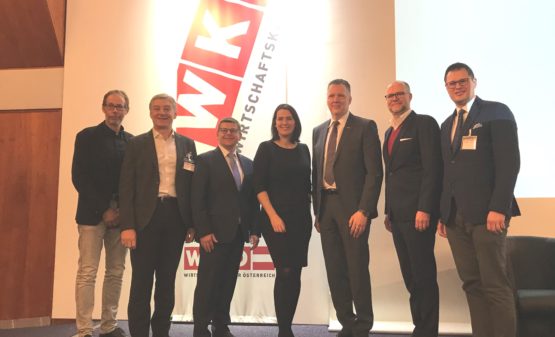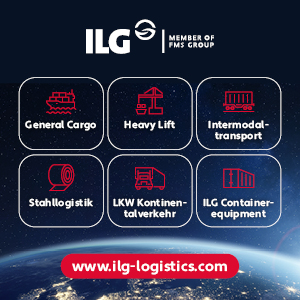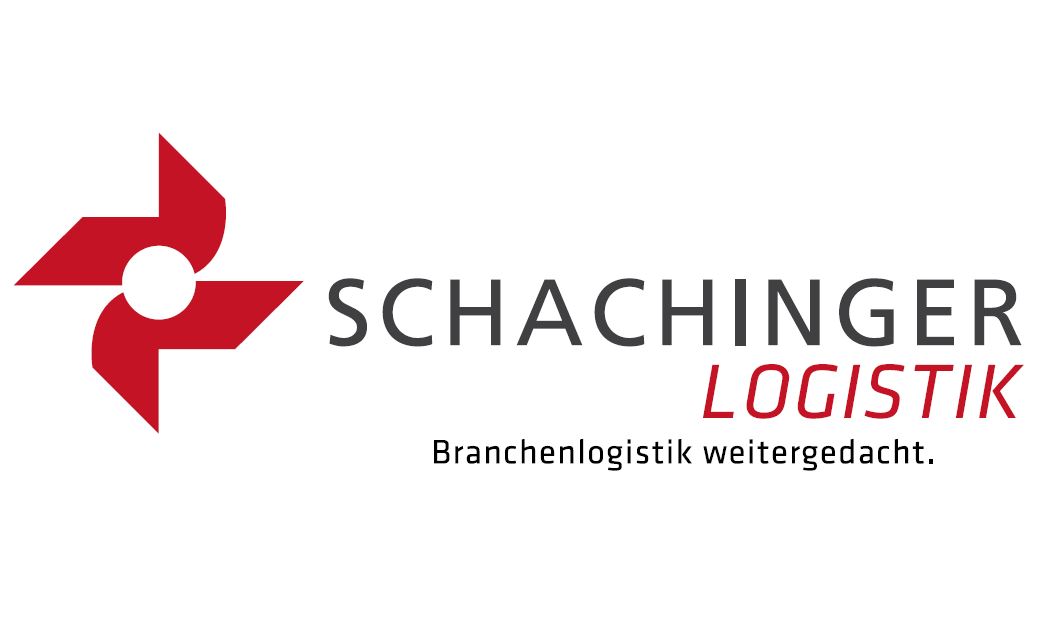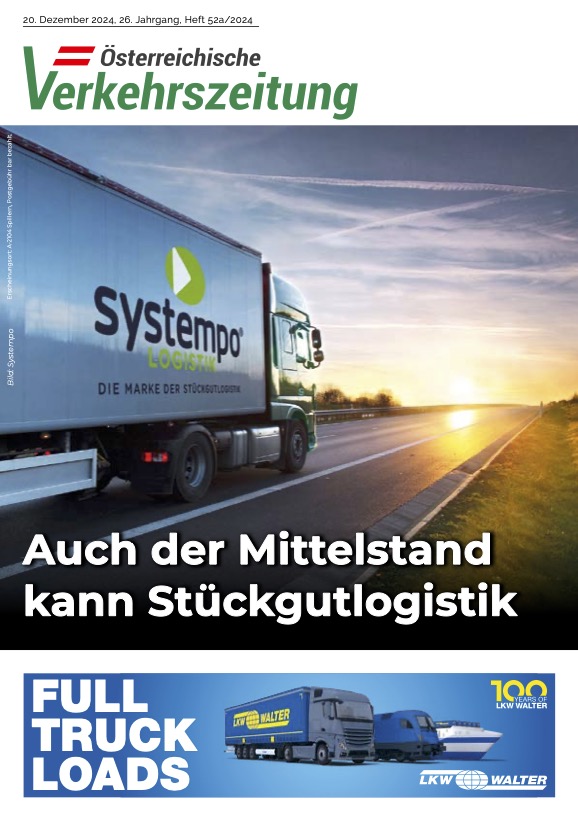With a comprehensive survey on the online habits and preferences of European consumers, the international DPDgroup provides new insights into e-commerce in Europe. For the first edition of the E-Shopper Barometer, the market research institute Kantar TNS interviewed 23,450 consumers across 21 European countries, on behalf of the DPDgroup. According to the results, the Germans are European champions in online shopping: Measured by the total purchasing volume, German online shoppers account for Europe’s largest share of online shopping with 11.5 per cent.
The E-Shopper Barometer is the most comprehensive survey of European consumers about online shopping: no other study before has collected data on the detailed opinions and habits of European e-shoppers on such a broad basis. In addition to Europe-wide trends such as mobile commerce, or a growing willingness to buy in foreign online shops, the study also highlights the outstanding importance of comfortable package services for e-commerce: Factors such as an uncomplicated returns process as well as transparency and flexibility in package delivery are among the most important drivers for the purchase decision in the online shop.
Europe-wide, 52 per cent of all e-shoppers have already made a purchase from a foreign website before. There are, however, huge differences depending on the country: consumers from Latvia (82 per cent), Portugal (81 per cent) and Switzerland (79 per cent) are especially open to purchasing abroad. Germany is the European tail-ender with only 40 per cent, consumers from the UK, Poland and France are also often purchasing from domestic online shops.
The study also shows the great growth potential in international e-commerce: 31 per cent of e-shoppers, who have never made a purchase abroad, intend to do so in the future. 69 per cent of foreign purchases are made at stores within the EU. The most popular European online stores are found in the UK (33 per cent), in Europe German shops come second with 28 per cent. Outside Europe, especially online shops from China (40 per cent) are chosen, followed by shops from the USA (34 per cent).
Reliable and comfortable delivery and returns services are decisive success factors for online shops. Real-time information on the delivery process, for example, is an important factor in the purchase decision for 84 per cent of European e-shoppers, and 83 per cent want options for the flexible redirection of parcels. A delivery forecast with an accuracy of an hour is an important criterion for 80 per cent of the online shoppers when choosing their preferred retailer.
The European consumers are in agreement that their own doorstep is still the most popular delivery location. However, there are clear differences concerning the alternatives: whilefi neighbourhood delivery (13 per cent) is the most popular alternative option for the Germans (European average: 6 percent), parcel shops are gaining more popularity throughout Europe with 16 per cent (Germany: 6 percent). However, the growth potential of alternative delivery locations is particularly high in Germany: 60 per cent of the e-shoppers want to use delivery to a parcel shop in the future, 56 per cent want to use the possibility of delivery to an alternative address. The pick-up at a retailer (“Click & Collect”, 45 per cent) and the delivery to a parcel locker station (44 per cent) are also going to become more popular alternatives for German e-shoppers.
Most online purchases across Europe are still made via laptop (63 per cent) or desktop PC (53 per cent). Smartphones currently account for 35 per cent, but mobile commerce is on the rise: 49 per cent of the 18- to 34-year-olds already use their mobile to shop, heavy buyers account for 46 per cent.












